Laylat al-Qadr (Night of Decree) is the most auspicious occasion of the holy month of Ramadan, which is better than a thousand months, and the night chosen to reveal to all mankind the Qur’an, which is a blessing and guidance. Allah says:
Indeed, we revealed (the Qur’an) during the Night of Decree. And what can make you know what is the Night of Decree? The Night of Decree is better than a thousand months. The angels and the Spirit descend therein by permission of their Lord for every matter. Peace it is until the emergence of dawn. (97:1-5).
What is Laylat al-Qadr
Islamic scholars differ regarding the meaning behind the name of Laylat al-Qadr, as the word Qadr can hold a variety of meanings.
Some scholars, like Imam Jurjani in his book of definitions, defined Qadr in the context of this holy night, as destiny and decree. According to them, this meant that this was the night in which the destiny of each person was decided and recorded. That contains the birth and death of living creatures, food and drink, deeds and lifespan. Each year, from Lawh al-Mahfooz (a well-preserved tablet or the original codex), the events that will happen in their respective years are especially copied and stored in the first sky. This copying is carried out in Laylat al-Qadr. From which the angels are provided with their duties for each year. “On that night every matter of wisdom is ordained” (44:4).
Imam Nawawi said in his discussion on Laylat al-Qadr: “It was named Laylat al-Qadr, meaning the night of judgement and discernment. This meaning is what is true and popular”. (Sharah Al-Muhadhab, 6/447).
Anas ibn Malik reported: Ramadan approached, so the Messenger of God said: “This month has come to you, and in it, there is a night that is better than a thousand months. Whoever is deprived of it is deprived of all goodness, and no one is deprived of its goodness except one who is truly deprived.” (Sunan Ibn Majah, 1644).
This night on which Laylat al-Qadr occurs has not been mentioned. The Prophet Muhammad (ﷺ) said, “Search for Laylat al-Qadr on the odd nights of the last ten nights of Ramadan.” (Sahih Bukhari, 2017). But there is tremendous wisdom behind not knowing exactly when it occurs, which scholars have pointed out. As Imam Razi says:
Allah has concealed whether he has accepted the sacred deeds. That the believers may be eager to perform all virtues. He hid his anger over sins. So that we can renounce all sins. He hides whether the prayers have been accepted, people pray again and again because of it. He kept the Salat-ul-Wusta a secret. So that we may pay attention to every prayer. In the same way, he hid Lailathul Qadr, so that we may always be on the alert to attain that virtue. (Tafsir-ul-Kabir, 32:28).
In which night?
Allah had indeed informed the Prophet (ﷺ) about the day of Laylat al-Qadr. ‘Ubada b. as-Samit said that the Prophet came out to inform them about lailat al-qadr, but finding two Muslims disputing together, he said, “I came out to inform you about lailat al-qadr, but so and so and so and so had a dispute, and the knowledge of it has been withdrawn. However, that may be better for you, so seek it on the ninth, the seventh and the fifth.” (The twenty-ninth, twenty-seventh, and twenty-fifth.) (Mishkat al-Masabih, 2095).
For this reason, it is not possible to say precisely whether Laylat al-Qadr is a day, but it can be seen that scholars have come to remarkable conclusions. The firm conclusion is that it is in the last ten of Ramadan.
'Aishah (May Allah be pleased with her) reported:
The Messenger of Allah (ﷺ) used to seclude himself (in the mosque) during the last ten nights of Ramadan. He would say, "Search for Lailat-ul-Qadr (Night of Decree) in the last ten nights of Ramadan." (Al-Bukhari and Muslim) (Riyad as-Salihin, 1191).
Imam Bukhari reports another Hadeeth: Ibn 'Umar (May Allah be pleased with them) reported:
Some of the Companions of the Prophet (ﷺ) saw Lailat-ul-Qadr (Night of Decree) in their dreams in the last seven nights of Ramadan, whereupon the Messenger of Allah (ﷺ) said, "I see that your dreams all agree upon the last seven nights. Whosoever seeks it, let him seek it in the last seven nights." (Riyad as-Salihin, 1190).
Ibn ‘Umar said God’s messenger was asked about lailat al-qadr and replied, “It occurs every Ramadan.” (Mishkat al-Masabih, 2093). Abil Hasan Al-Shaduli has raised another different point of view. It is as follows:
Lailathul Qadr is determined based on the first day of Ramadan. Fasting starts Sunday, then it will be on the 29th night; if it is Monday, then on the 21st night; if it is Tuesday, then on the 27th night; if it is Wednesday, then on the 19th night, if it is Thursday then on 25th night; if it is Friday then 17th night and if it is Saturday then on 23rd night. (Hashiyat al-Sawi, 4/320).
However, the well-known conclusion of hadith scholars is that Laylat al-Qadr is on the lonely nights of the last ten.
Those who don’t get Lailatul Qadr
This is how Alusi quotes about the virtues of the night of Qadr. On that day, Gabriel will share Allah’s mercy. Even if all the living believers are given a share, it will remain. Then Gabriel will ask Allah what the rest of the Rahmat should do. From the community of the Prophet (ﷺ), there will be orders to distribute it among the dead. It will remain after it has been divided among them. And when Gabriel repeats the previous question, Allah will order it to be distributed among the disbelievers. So those who have received the share of Allah’s bounty on that night are the ones who will die as believers. (Tafsir Ruhul- Ma’ani: 30/196).
Anas reported God's messenger as saying that when Lailat al-qadr comes, Gabriel descends with a company of angels who invoke blessings on everyone standing or sitting and remembering God, who is Great and Glorious. Then when their festival day comes, i.e., the day when they break their fast, God speaks proudly of them to His angels, saying, “My angels, what is the reward of a hired servant who has fully accomplished his work?” They reply, “Our Lord, his reward is that he should be paid his wage in full.” He says, “My angels, my male and female servants, have fulfilled what I have made obligatory for them and then have come out raising their voices in supplication. By my might, glory, honour, high dignity, and exalted station, I will certainly answer them.” Then He says, “Return, for I have forgiven you and changed your evil deeds into good deeds."
Ibn ‘Abbās (رضي الله عنه) reported that he heard the Messenger of Allah ﷺ say in a Hadīth Qudsī from the Lord of Might, when the angels ask Jibrīl on Lailat al-Qadr:
“What did Allah do concerning the needs of the believers from the Ummah of Muhammad ﷺ?”
Jibrīl replies:
“Indeed, Allah, the Exalted, looked at them, pardoned them, and forgave them all—
except four.”
They asked:
“Who are those four?”
He said:
“One addicted to wine, one who is undutiful to his parents, one who severs the ties of kinship, and one who harbours enmity (mushāhin).”
It was asked:
“O Messenger of Allah, who is the mushāhin?”
He replied:
“He is the one who severs ties (musārim), meaning the one who does not speak to his brother for more than three days...”
References:
Qur’an 44:4
Sunan al-Nasa’I, 2192
Tafsir al-Baghawi, 7/227-228
Al Bayhaqi, Kitab Fada’il Al-Awqat, 213
Imam Nawawi, Sharah Al-Muhadhab, 6/447
Musnad Ahmad, 10734
Al-Alusi, Ruhul Ma’ani, 44:4
Lisan al-Arab, 4/3019
Imam Jurjani, Ta’reefat, 1/540
About the author:
Mohammed Irshad PC, Teacher at Darul Huda West Bengal Off Campus.

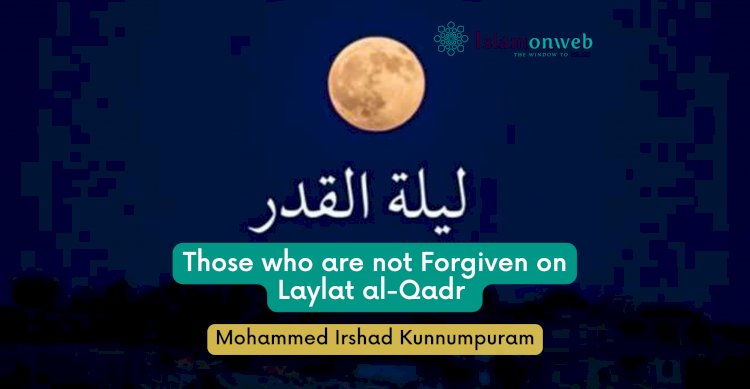


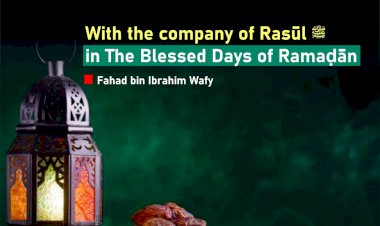
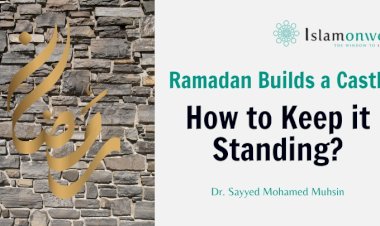

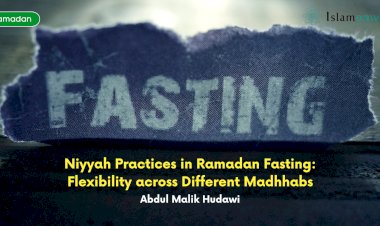
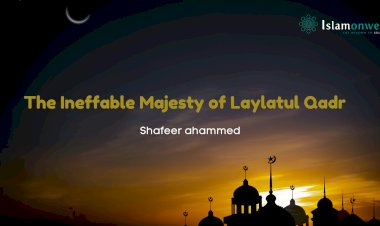
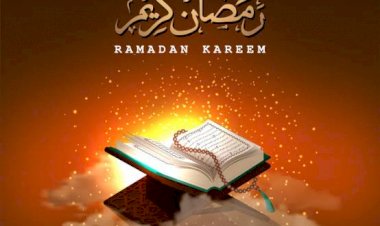














Leave A Comment